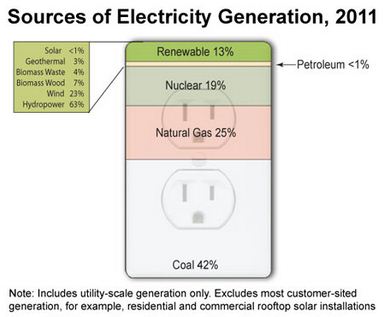Then and Now... The Same Again
I was enjoying Robert Reich's blog, which had been recommended by my oldest son, and then I read his ramblings for yesterday and got the feeling that he had just slipped into a distorted dimension of some sort. He is obviously upset with the situation in the Middle East, but somehow perceives it to be a recent issue... all George Bush's fault.
I left a comment that basically said this is the second (or third or fourth) chapter of the book of Jimmy Carter. Not a lot different which is pretty spooky. Rapid escalation of oil prices, Iranian actions to foment trouble in the Middle East, and Israel calling the bluff and bluster of the radical Muslims.
But somehow it is all the fault of the U.S. and Israel and the radical Muslims are just poor people getting unjustly trampled on.
Puke.






